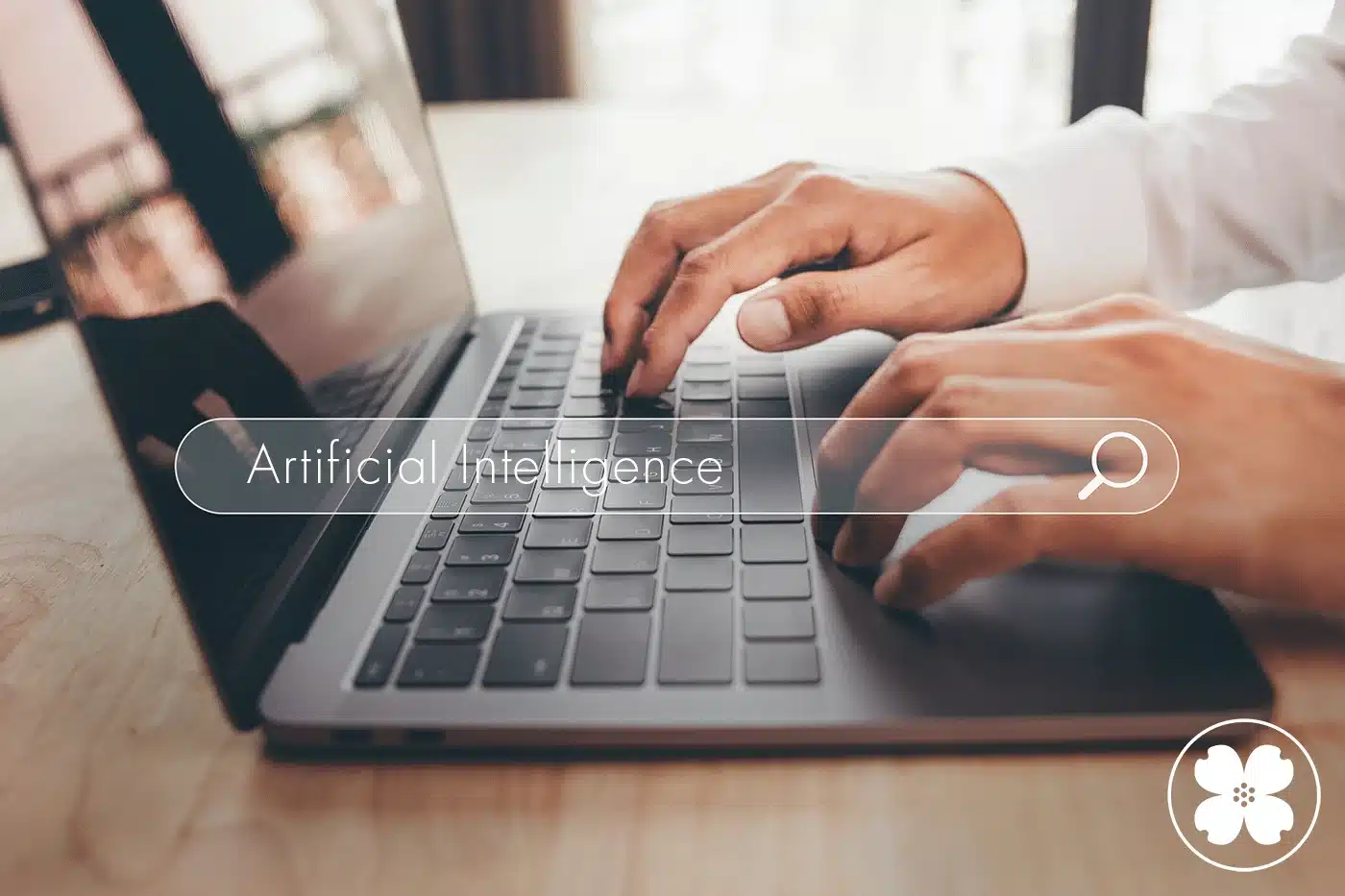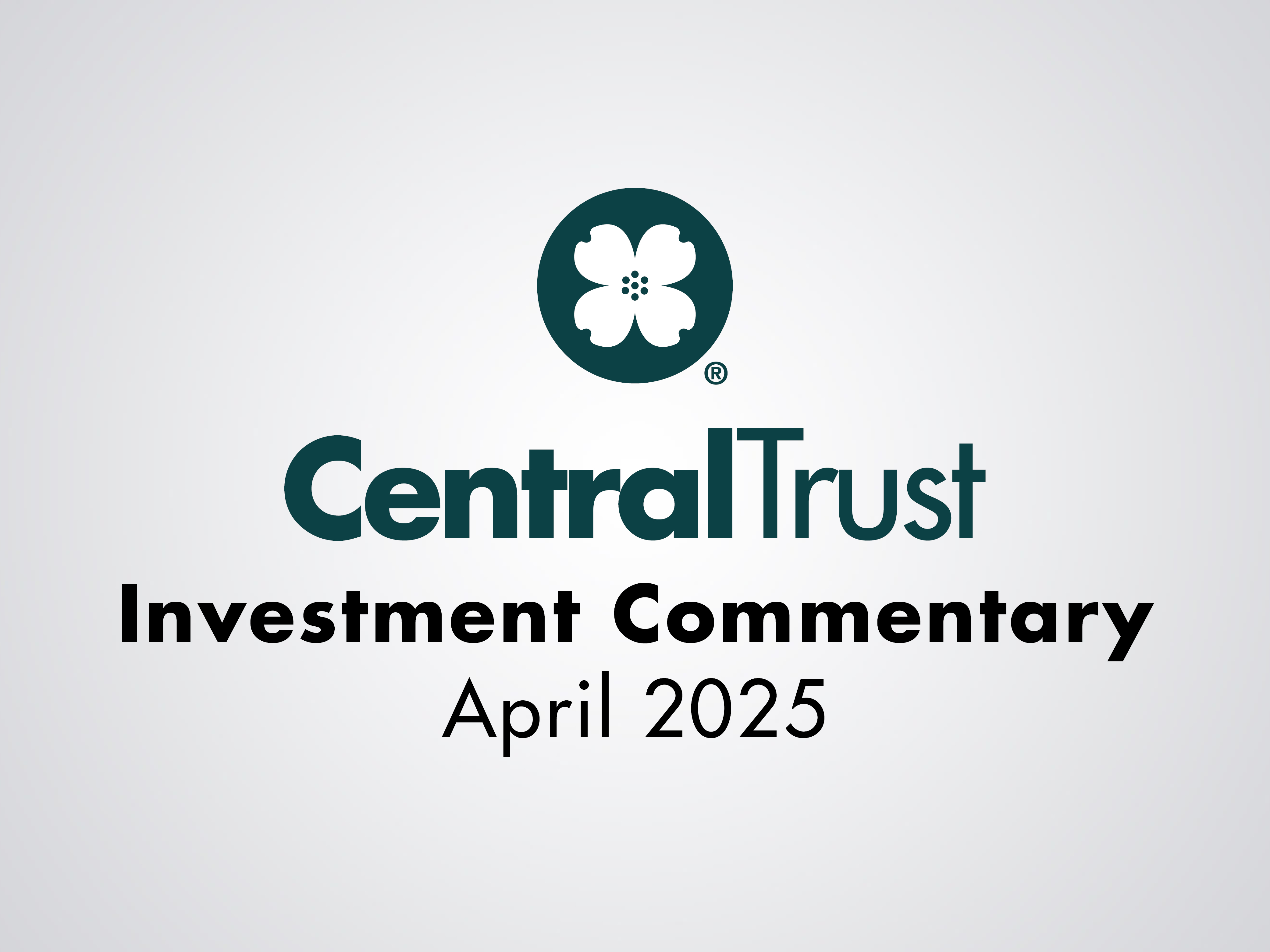May saw markets rebound as tech and consumer stocks surged, offsetting bond losses and debt concerns. International equities outpaced U.S. gains, while gold cooled but remained a top performer.

By Jason Flores, CFA, CAIA – Executive Vice President & Chief Investment Officer
Will AI Help, Hinder, or End Us All?
This seems to be the array of questions people have regarding Artificial Intelligence (AI). Although the answers depend on a variety of factors, AI has become a disruptive force in the economy, raising questions about its impact on society. While AI has shown great promise in boosting stock returns, it also poses challenges concerning job losses, disinformation, and ethical considerations. As we navigate this new technological landscape, it is crucial to understand both the opportunities and risks.
In the short term, AI has already demonstrated its potential to drive significant gains in the stock market. Companies like Nvidia, Meta, Amazon, Microsoft, and Alphabet have seen remarkable growth this year, and AI is no small part of the story. For instance, the mere mention of Apple’s entry into AI caused a significant intraday increase of $67 billion in the market capitalization of the company as the announcement came out, a $3.80 per share move according to FactSet. Nvidia’s year-to-date gain of 221%, as of August 21, 2023, is due to the use of their cutting-edge chips in AI computers. While these gains are encouraging, the long-term implications of AI adoption require careful examination.
Loss of Jobs With AI
With aging populations and declining birth rates in many developed countries, AI might be necessary to fill employment gaps that will arise in the future. However, AI is a real threat to jobs right now. The Graphic Artists Guild has a genuine concern regarding the potential for job loss due to AI. SAG-AFRA, the guild representing actors, has noted AI as one of the sticking points in the current strike. Blue-collar jobs are thought to be safe. However, AI will likely combine with other technology. 3D printers that can literally print houses and roads are far past the testing phases and are being utilized. Driving and delivery jobs will likely be under severe pressure from autonomous vehicles, robots, and drones within the next half-decade. To see the connection between AI and other technology, look no further than the military. The development of autonomous weapons is a critical race riddled with ethical concerns, but it can also reduce the need for soldiers. In short, there isn’t a field of work that this new technology won’t impact.
Major Shifts Can Leave Regions and Industries Behind
The decline of the Rust Belt and Appalachia are testaments to the slow adaptation of human behaviors. The implication of AI reducing jobs extends across various sectors, with both white-collar and blue-collar jobs at risk.
AI Can Be A Solution to Global Challenges in Healthcare, Farming, and Supply Chains
AI provides highly scalable and cost-efficient productivity that is attractive to investors. For instance, the introduction of ChatGPT has significantly reduced writing time, enabling higher productivity at lower costs. Research and development in the pharmaceutical industry may see dramatic cost reductions. Drugs created by AI are currently in clinical trials. One example is Insilico Medicine’s treatment for idiopathic pulmonary fibrosis, currently in Phase II trials.
Integrating AI into our economy is still in its early stages. Addressing concerns related to regulation, intellectual property, and ethical use will take time. While investors currently see substantial economic benefits in AI, as evident in the impressive gains of certain stocks, it’s important to exercise caution and avoid potential market bubbles and hype reminiscent of the dot com boom.
Balancing AI’s Potential and Challenges
Careful consideration must be given to workforce training and reskilling programs to ensure a smooth transition to a technologically advanced economy. Additionally, establishing robust regulations and ethical guidelines will safeguard against AI misuse and promote responsible development.
At Central Trust Company, we recognize the significance of AI in shaping the economy and remain committed to evaluating its role in asset management and investment portfolios. By staying informed and adopting a disciplined approach, we aim to navigate the transformative AI landscape with prudence and foresight.


